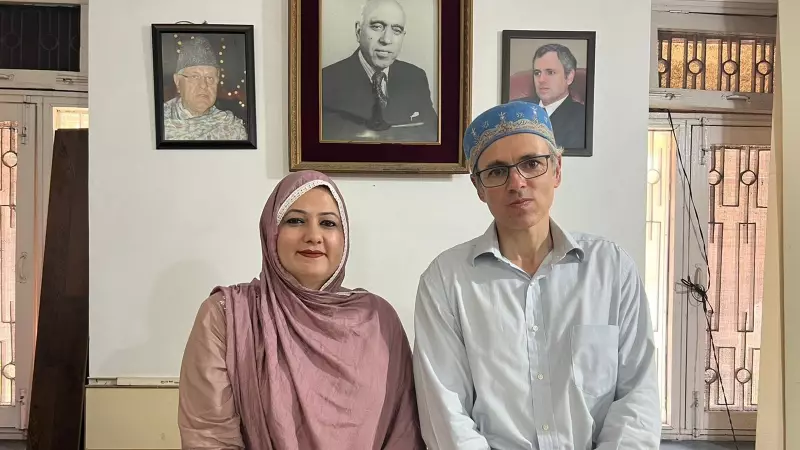
In a strategic move that signals growing opposition unity, the Indian National Congress has announced it will not contest the crucial Nagrota Assembly constituency in Jammu and Kashmir. Instead, the party is throwing its weight behind the National Conference candidate as part of a coordinated effort to prevent division of anti-BJP votes.
Opposition Unity Takes Center Stage
The decision comes after high-level discussions between Congress leadership and National Conference president Dr. Farooq Abdullah. Both parties have recognized that a fragmented opposition would only benefit the ruling Bharatiya Janata Party in the politically sensitive region.
Jammu and Kashmir Pradesh Congress Committee chief Vikar Rasool Wani confirmed the development, stating that the party's central leadership has approved the seat adjustment in Nagrota. This move is seen as crucial for maintaining opposition cohesion in the Union Territory.
Beyond Immediate Electoral Gains
Political analysts suggest this isn't merely about one assembly seat. The Congress party has emphasized that the larger objective is defeating the BJP's political agenda in Jammu and Kashmir. By avoiding multi-cornered contests, the opposition hopes to present a united front against the ruling party.
The Nagrota constituency has emerged as a focal point in this new opposition strategy. Located in the Jammu district, this seat represents the delicate political balancing act required in the region's complex electoral landscape.
Historical Context and Future Implications
This development marks a significant shift in the political approach of national parties in Jammu and Kashmir. The willingness to make strategic compromises indicates a recognition that traditional political rivalries must be set aside to counter the BJP's growing influence in the region.
The seat-sharing arrangement between Congress and National Conference could set a precedent for future electoral alliances in the Union Territory. As both parties work to rebuild their political presence post-abrogation of Article 370, such collaborations may become increasingly common.
Political observers will be closely watching how this strategic understanding translates into electoral outcomes and whether it can be replicated in other constituencies across Jammu and Kashmir.






